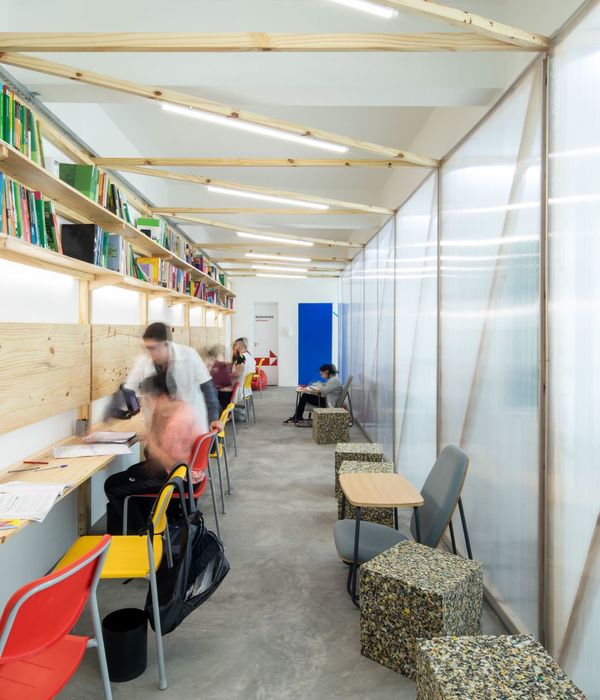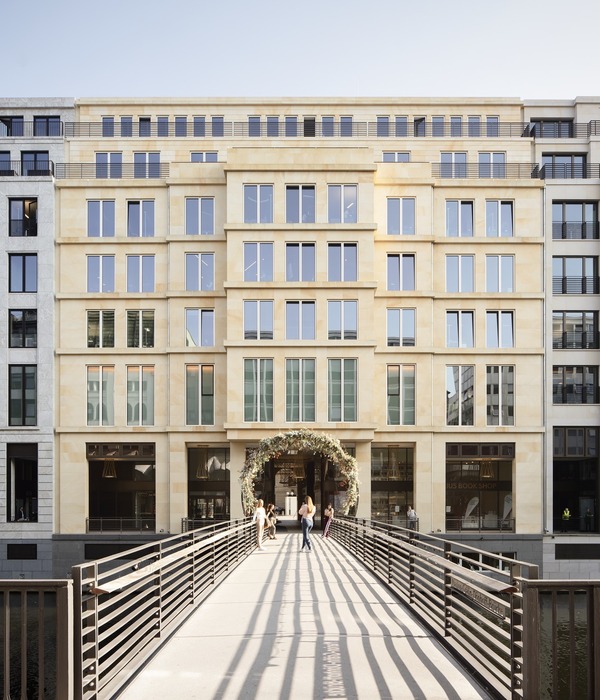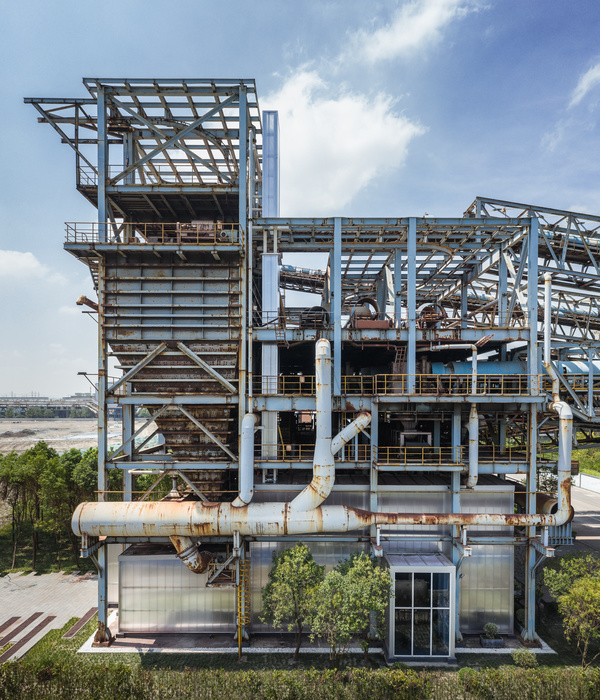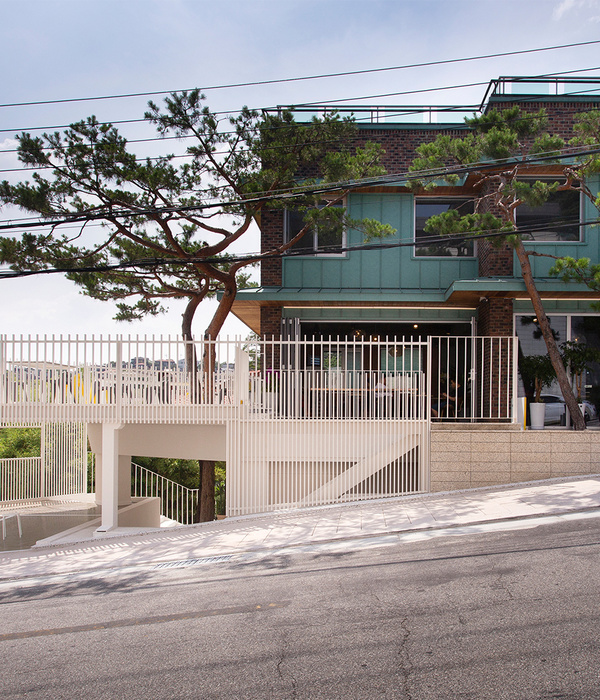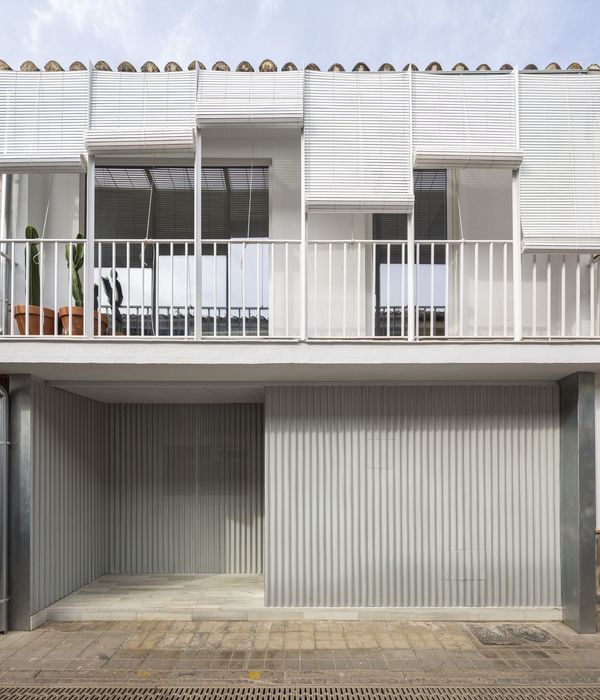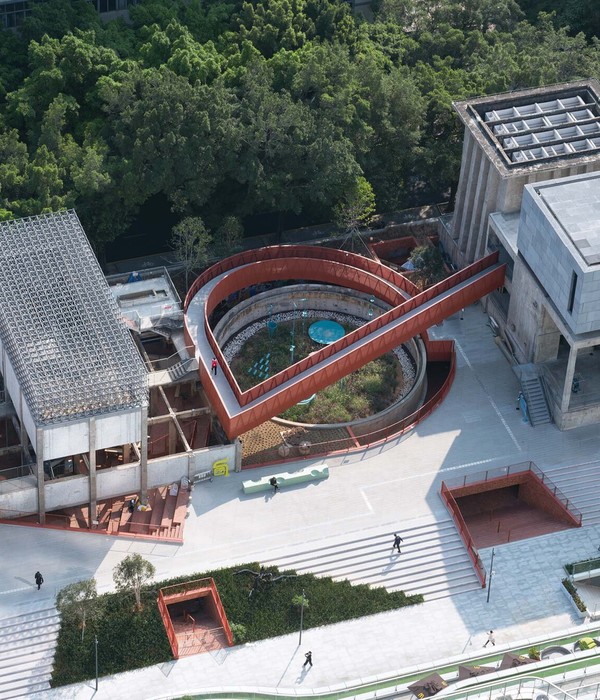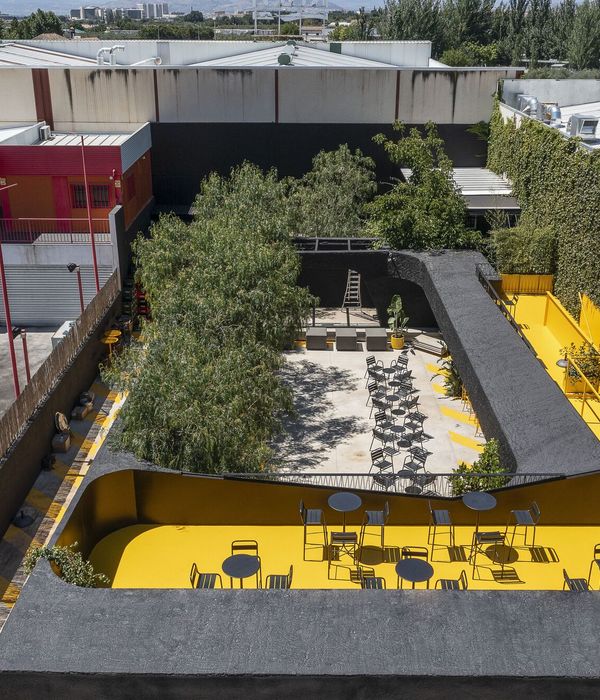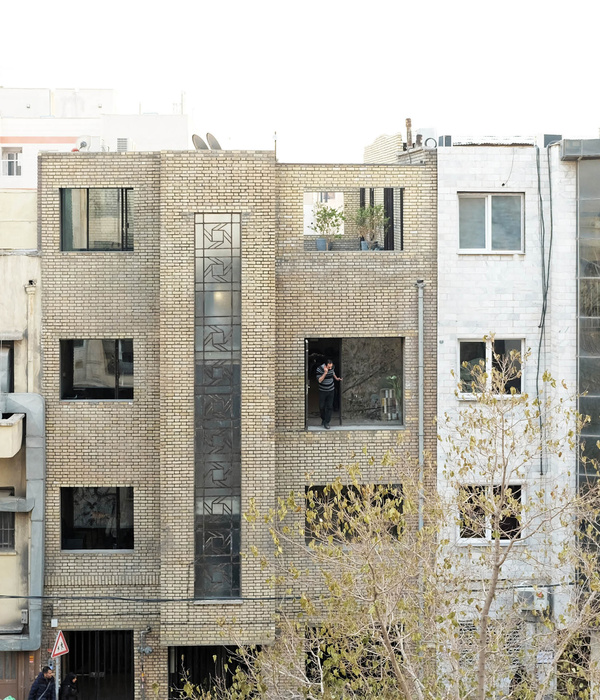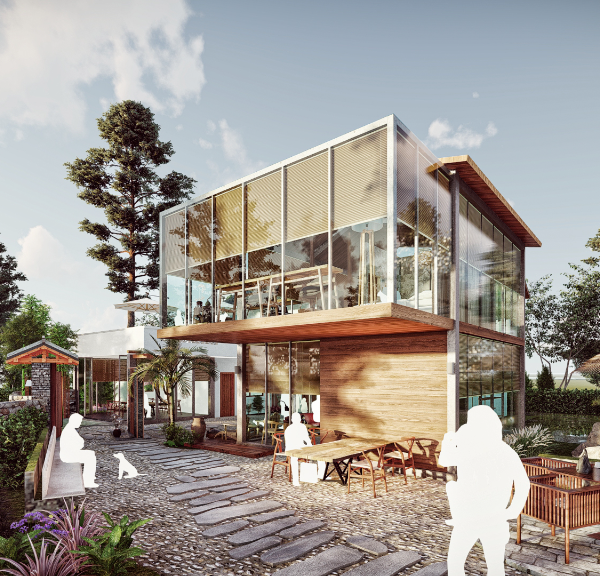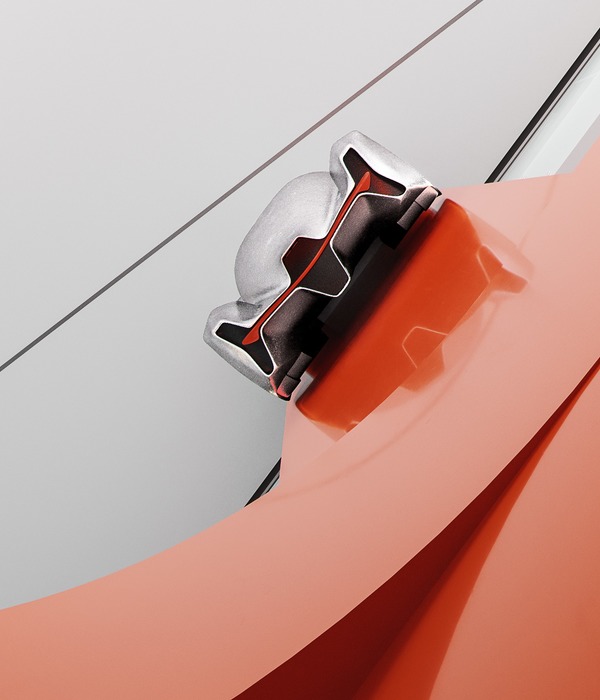Firm: TCHOBAN VOSS Architekten
Type: Commercial › Office
STATUS: Built
YEAR: 2019
SIZE: 10,000 sqft - 25,000 sqft
Architect: Sergei Tchoban, TCHOBAN VOSS Architekten
Address: Greifswalder Str. 226 / Heinrich-Roller-Str. 13, 10405 Berlin
Client: Grundstücksgesellschaft Greifswalder Strasse 226 bR, Berlin, a company of the GbR Nagel & Padovicz
GFA: approx. 2,100 sqm
Completion: September 2019
Service stages: 1–7
Project partner and -leader: Axel Binder, Liza Gradinarova
Team: Katja Fuks, Valeria Kashirina, Andrea Moritz, Ramona Schwarzweller, Ingo Schwarzweller, Evgenia Sulaberidze
Project management: M.F.P.N. Projektmanagement GmbH & Co. KG, Berlin
Structural engineering: Ingenieurbüro Bendel Bradke & Lang GmbH, Berlin
Building equipment: PlanB - Beratende Ingenieure GmbH, Berlin
Shell: Mastiok Bau GmbH, Berlin
Façade, concrete parts: GBJ Geithner Betonmanufaktur Joachimsthal GmbH, Ziethen
Planning details façade: IBF Ingenieurbüro Franke, Glienicke
Windows / sun protection: Hans Timm Fensterbau GmbH & Co. KG, Berlin
Metal construction: Metallbau Holger Gottschalk, Berlin
Ventilation system: ST Gebäudetechnik GmbH, Potsdam
Heating, sanitation: WES GmbH, Schöneiche
Elevators: Schindler Aufzüge und Fahrtreppen GmbH, Berlin
Car elevators: Tepper Aufzüge GmbH, Berlin
Fire protection: Ingenieurbüro Arndt-Weiher-Koch, Berlin
Sound insulation and room acoustics: Ingenieurbüro Axel C. Rahn GmbH, Berlin; Akkustikbüro Hoffmeier, Berlin
Photographer: © Roland Halbe
On the 464 m² corner site between Greifswalder Strasse and Heinrich-Roller-Strasse in the Berlin district of Pankow, Prenzlauer Berg, an office building was created whose expressive, lively main façade with its floor-to-ceiling, square grid structure of light architectural concrete prefabricated parts immediately strikes the eye.
The structure comprises six full storeys, which can be used per rental unit as flexible combinations of open-plan offices, individual offices, conference and meeting rooms as well as coworking spaces. On the ground floor there is an office unit with meeting areas and open-space workplaces. The top floor is set back by approx. 1.60 m on the street side. The roof area, which is accessed via the 5th floor, is greened and partly designed as a roof terrace. The basement is intended for parking spaces for cars, bicycles and technical rooms.
The new building, which is used as a modern office business centre, follows the line of the building on the street side and connects to the fire walls of the neighbouring buildings while maintaining the spacing in the courtyard and exploiting the maximum building depth. All new building parts have flat roofs.
The street façade on the ground floor consists of large-format insulating glazing in mullion-transom construction. From the first to the fourth upper floor, the façade is constructed in a square grid of architectural concrete. The slightly twisted pillars and floor slab strips meet alternately at either a high or low point and form a coherent, dynamic, organic-flowing structure. At the high points of the grid structure, the façade protrudes 50 cm above the building line. The inner courtyard facades were realized as plaster façades with circumferential window bands with metal railings. The roof area with its restrained glass façade forms the clear, calm end of the building.
The representative foyer of the main entrance is accessed from Heinrich-Roller-Strasse. As a special design element, the lighting is integrated into the ceiling, backlit showcases in the walls are intended for the exhibition of works of art.
{{item.text_origin}}

